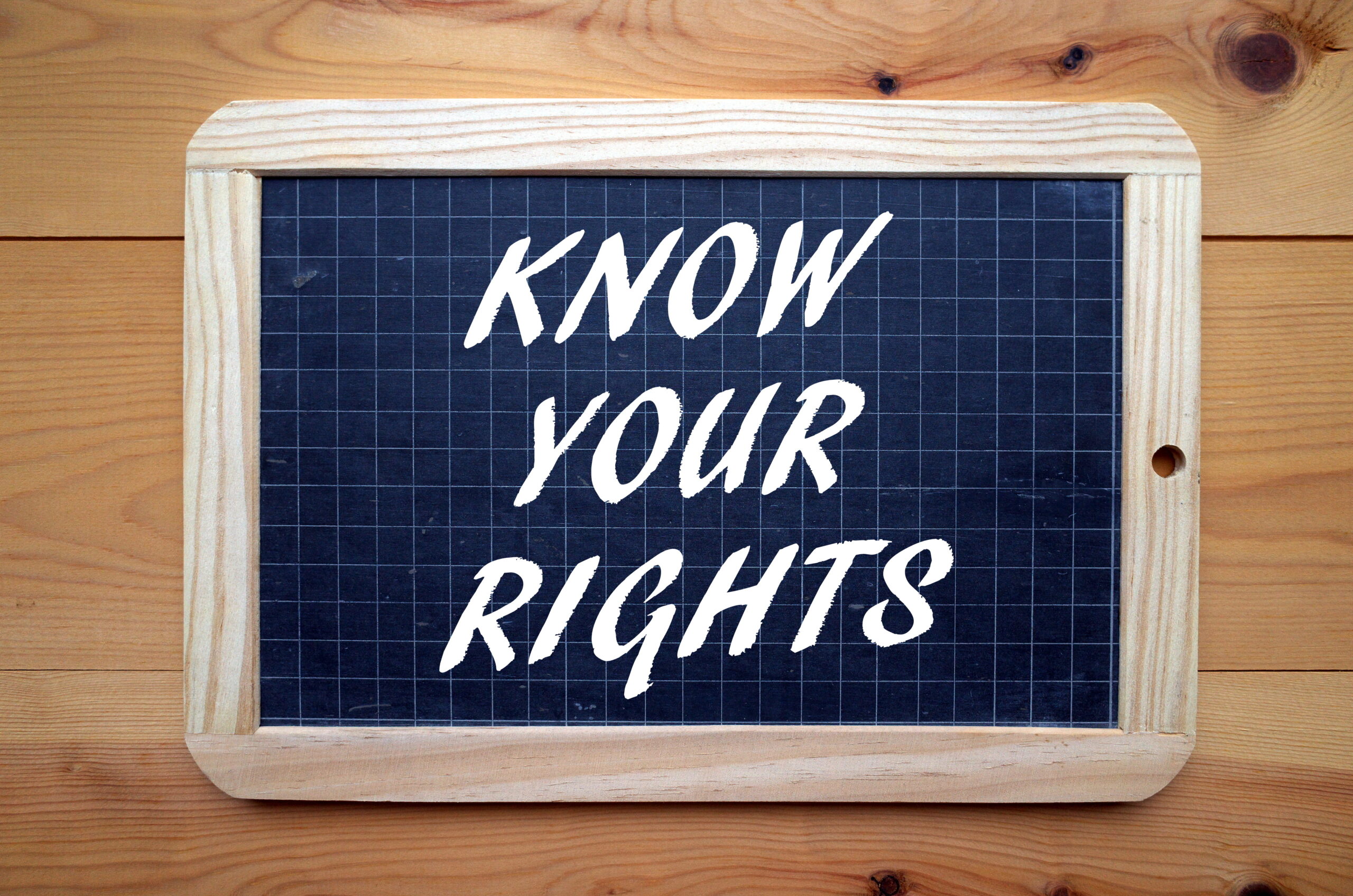
Probable cause is anything but specific or defined. In fact, according to State v. Waltz, the term itself has been described by the courts as “an elusive concept, incapable of being precisely defined”. With that being said, this tends to be the focus of most of our initial consultations. It is tends to come into play in the vast majority of the cases we handle at Keith Oliver Criminal Law, whether it be a marijuana possession, heroin distribution, unlawful possession of a weapon, aggravated assault, eluding or a DWI case. Whenever a search, a seizure or an arrest takes places, one of the first questions that must be asked, is whether there was probable cause.
The United States Supreme Court held in Carroll v. United States, the court held that police have probable cause when:
“The facts and circumstances within [the officers’] knowledge and of which they had reasonably trustworthy information [are] sufficient in themselves to warrant a man of reasonable caution in the belief that’ an offense has been or is being committed.”
The New Jersey Supreme Court in State v. Burnett went on to state that:
“Probable cause is said to be a reasonable basis for the “belief” that a crime has been or is being committed. The quality of that belief is not precisely defined in our cases. We know it is something more than a raw suspicion but something less than a finding of guilty…”
So what is Probable Cause?
It is one of the most fundamental safe guards against unreasonable search and seizures. It in essence requires a police officer to conclude that there is enough reliable and sufficient facts to believe that a crime has been committed and that the underlying search and/or seizure of the person(s) will reveal evidence of that crime before said search / seizure can lawfully take place. In terms of an arrest, the officer must have the same believe that the person in which they are apprehending, is the individual who in fact committed the crime that gave rise to probable cause.
How is Probable Cause Determined?
As you can see from above, probable cause is anything but straightforward. Therefore, when an officer concludes that they had probable cause to conduct the search or seizure in question, their determination can only be challenged by looking at the totality of the circumstances surrounding the officers determination. This will be based on an objective standard. If the analysis of all the facts known at the time of the search, seizure or arrest would have led a reasonable person to conclude that probable cause existed, then the officer’s subjective intent is irrelevant. As one would imagine, these types of analysis are very fact sensitive and the legality of the search could hinge upon little nuances. It is important to note here, that the information used by the officer to determine that probable cause exists must not be derived from illegal methods.
What if there was no Probable Cause?
If the officers lacked probable cause, the evidence seized as a result may and most likely will be deemed inadmissible in court. If that is to occur, more often than not, it will lead to a dismissal of the charges. If you would like to speak to one of our New Jersey criminal defense attorneys about your options, then please contact us at 609-789-0779.
Mercer County Criminal Lawyers
This was a very brief analysis of what probable cause is and how the courts have interpreted it over the years. For a deeper analysis, please feel free to contact our Hamilton Office and speak to one of our Mercer County criminal defense attorneys. We offer free initial consultations and we can be reached at 609-789-0779 or you can email us.

